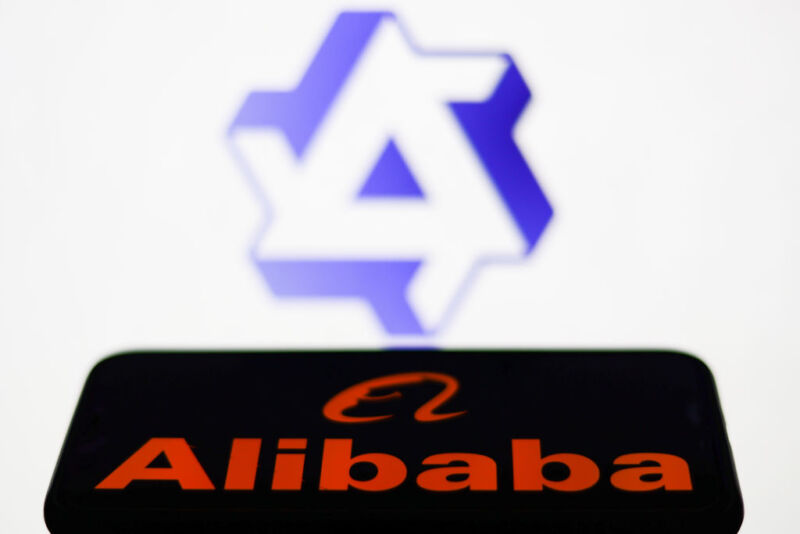
reader comments
15 with
China proposed new checks on artificial intelligence chatbots on Tuesday, in an effort to control how its tech industry rolls out generative AI models, as popularized by ChatGPT in the US.
Hours after tech giant Alibaba followed its peers SenseTime and Baidu with the launch of a ChatGPT-like bot, China’s powerful Internet regulator released draft measures likely to slow Alibaba’s rollout, citing chatbots’ potential for “social mobilization.”
The Cyberspace Administration of China proposals said providers would have to submit their products for security reviews before their public release and it would set up a database to register them. The regulator also said platforms must verify users’ identities, allowing usage to be tracked.
“Content generated by generative artificial intelligence should embody core socialist values and must not contain any content that subverts state power, advocates the overthrow of the socialist system, incites splitting the country or undermines national unity,” the CAC rules state.
Earlier on Tuesday, Alibaba Chief Executive Daniel Zhang said Alibaba’s Tongyi Qianwen, which roughly translates to “truth from a thousand questions,” would be incorporated as an AI bot in workplace collaboration tool DingTalk and the company’s Tmall Genie smart speakers before being integrated into all its products at some point in the future.
“We are at a technological watershed moment driven by generative AI and cloud computing,” Zhang said, as Alibaba became the latest Chinese company to declare it would try to emulate US start-up and ChatGPT creator OpenAI.
“Ten to 20 years from now, when we look back, we will realize we were all on the same starting line,” Zhang said. “Seizing these future opportunities is our common wish and requires a shared vision.”
Xu Li, chief executive of Chinese AI software leader SenseTime, unveiled its SenseChat bot on Monday with a live demonstration, when it was able to write an email and tell a story about a cat catching a fish.
© 2023 The Financial Times Ltd. All rights reserved. Not to be redistributed, copied, or modified in any way.







